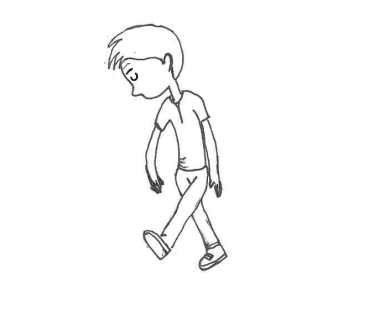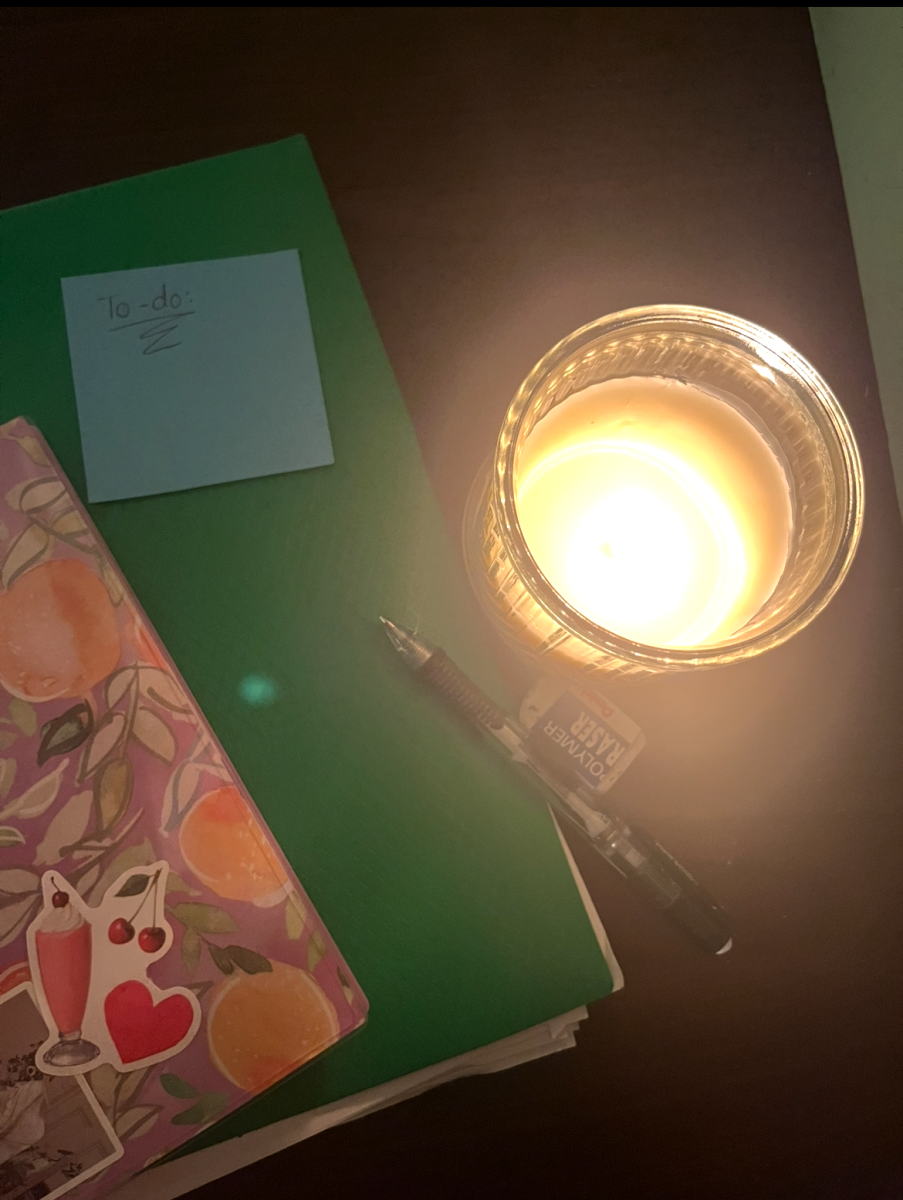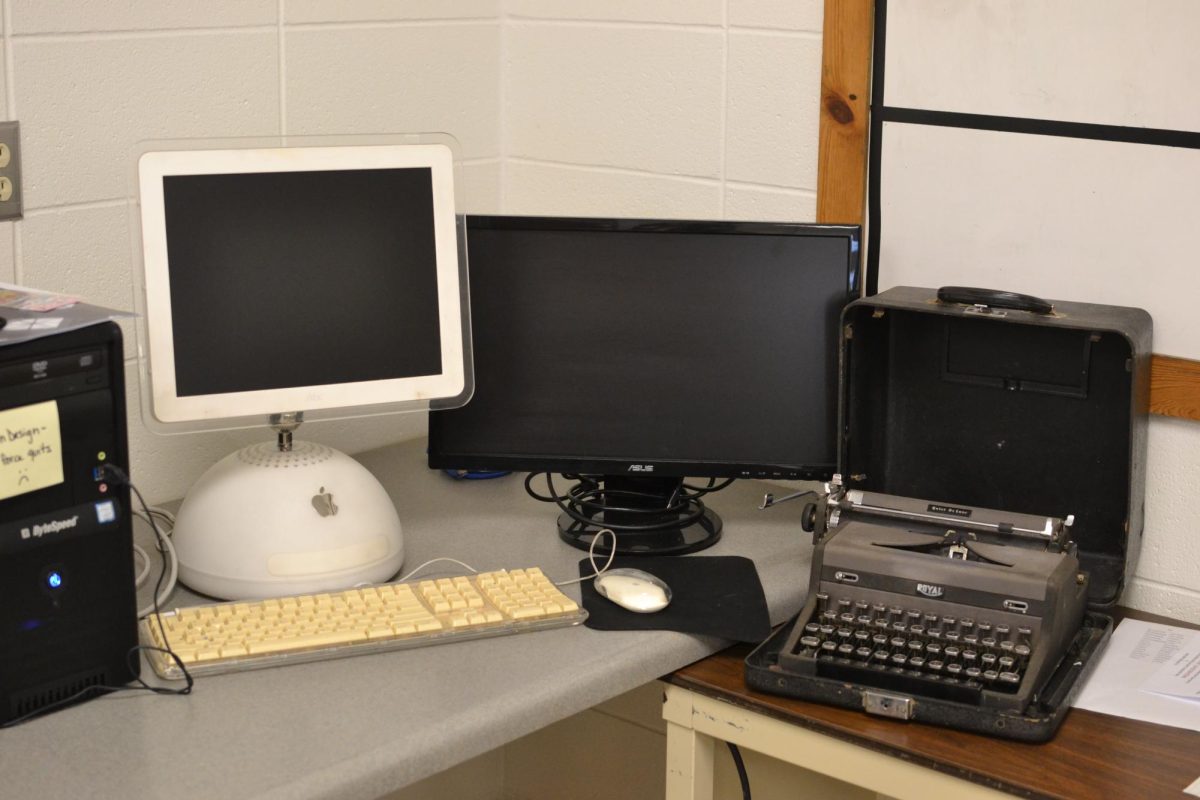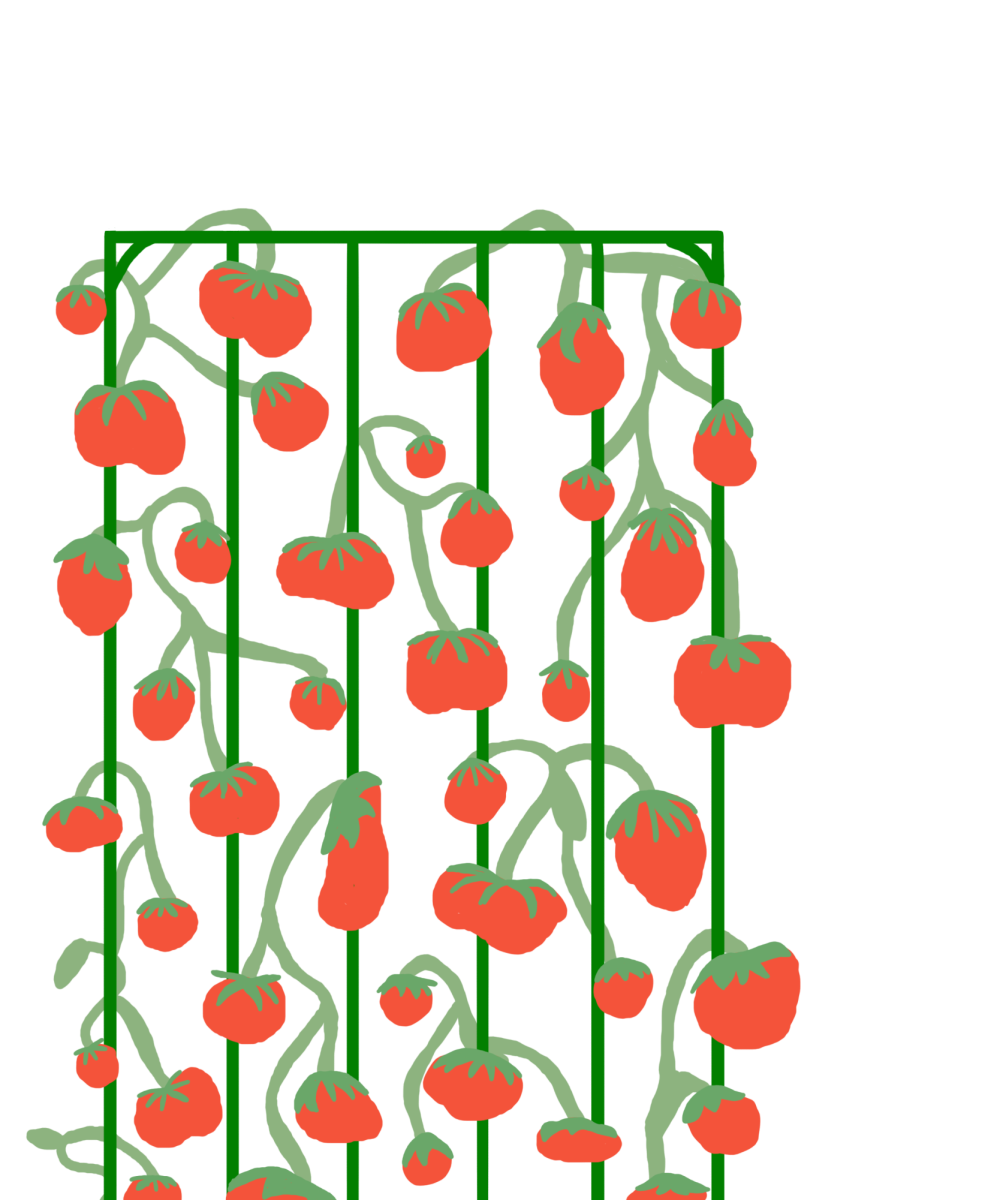
“All in all, you’re just another brick in the wall,” Roger Waters and David Gilmore once sang. The two Pink Floyd vocalists protested against the dictatorial nature of education in the band’s song, “Another Brick In The Wall, Pt. 2”. The music video for the track showed students being molded into faceless, emotionless, drone workers by their teachers. They were yelled at, buried in busy work, and pulled away from real life. The children’s schooling ripped away their humanity, leaving them with nothing but a bland future filled with meaningless work. The song took a stance on the state of education. And, although exaggerated, the themes of the song remain relevant.
The educational system should create free-thinking, functioning citizens. Though, instead of forming individuals, schools create an uncomprehending hive mind through meaningless curriculum, the grading scale, and an excess of homework.
A large percentage of the subjects taught in schools do not have an obvious application and many of these concepts are only useful in a few specific work fields. The lessons teach kids how to learn, instead of actually learning. Most people will never have to recall all of the parts of a cell or remember the pythagorean triples, except to help their kids with their homework. With the wealth of knowledge available today, schools should be able to produce curriculum that has a purpose.
Students are also taught to memorize and accept information without understanding it. Formulas and facts are spat on to young learners, without an explanation or layer of comprehension. This forces students to memorize, and then forget as soon as the unit is over. This form of education is referred to as rote learning, and truly comprehensive instruction is called meaningful learning.
According to Oxford Learning, rote training can cause a disconnect between old and new lessons, misunderstandings of material, and a lack of focus. By creating a strong base, meaningful education can work to bridge the gaps left by rote learning.
The grading system is another tool used by schools to shape the young generation. Students chase after high grades, searching for intellectual validation. They measure themselves by a letter, forgetting that there is worth in other parts of life. They do what their teachers say, immerse themselves in their studies, and hope for their intellect to be noticed.
In 2002 the American Psychological Association conducted a study among college freshmen. They asked the students what they based their self-worth upon, and 80 percent answered with academic performance. Dr. Jennifer Crocker, who is a psychologist at the University of Michigan’s Institute for Social Research, believes that this reliance on grades can instill anxiety, distraction, and a fear of failure that ends up negatively affecting academic performance.
The surplus of homework handed to students is another device used by schools. In a recent survey sent to some of Rolla High School’s English classes, the majority of students believed that they were given an unreasonable amount of homework at times, and lacked the time to complete it to the best of their abilities. This excess of work, compounded with in-school hours, overtakes students’ lives and shaves away time that could be used for the individual’s interests. Denise Pope, a Government Sponsored Enterprises (GSE) scholar, found that too much homework can increase stress and health issues. The aiding researchers also found that too much homework can create a lack of development and critical life skills in a student.
The educational system has the ability to stunt the growth of an individual. Students need to be aware of this fact, and do their best to resist it. Pink Floyd’s “Another Brick In The Wall, Pt. 2” was a warning. It told young people that by experiencing a world outside of school, students can break their shackles. It said that they need to read the unheard of books and learn about the seemingly obscure. It told students to grow their own awareness and feelings, and shape themselves into something new, something that is anything but “another brick in the wall”.









